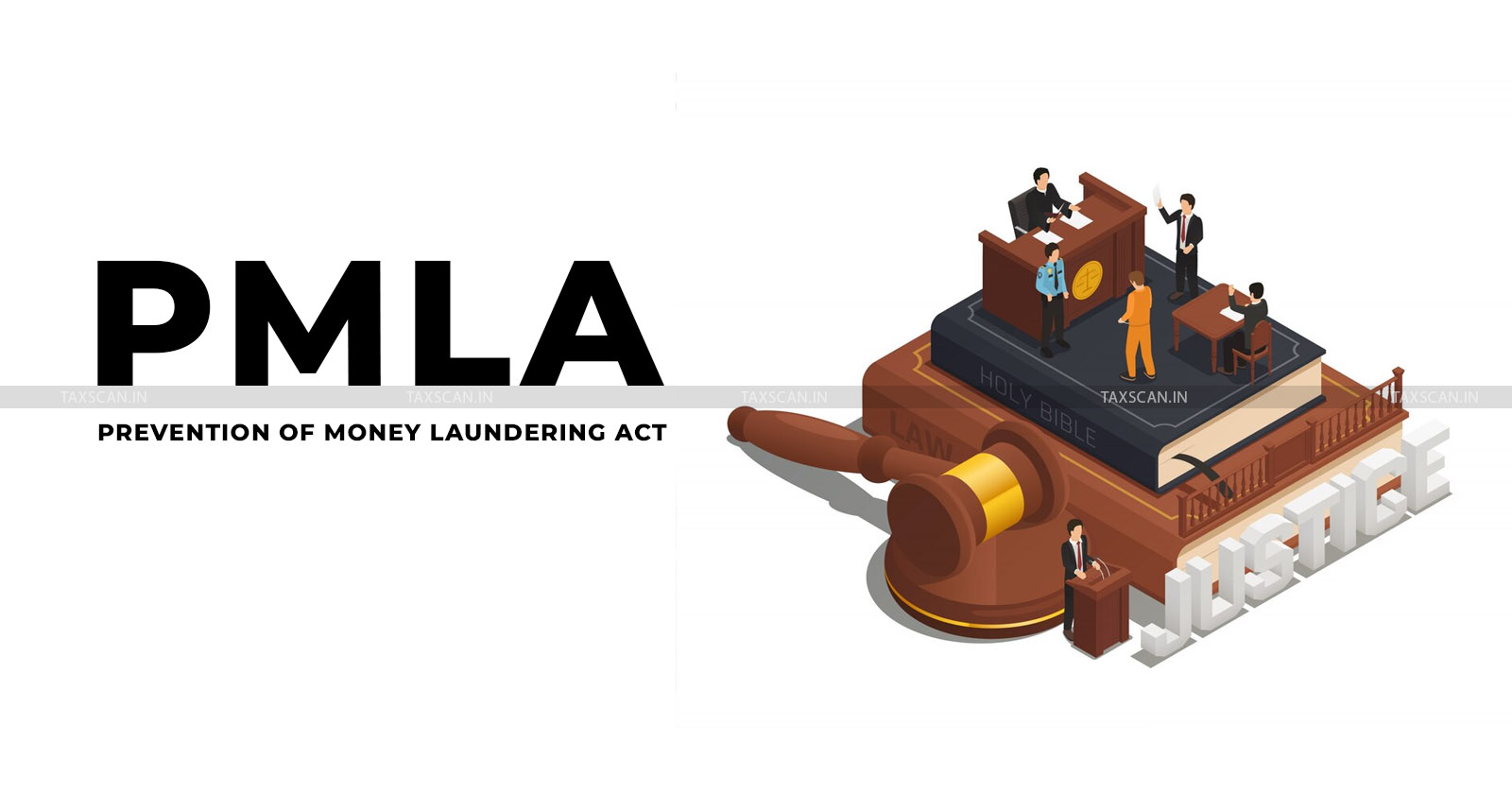Delhi HC grants Bail in Extortion Case, says No Bar to Bail Grant u/s 45 of PMLA [Read Order]

PMLA – Prevention of Money Laundering Act – post-arrest statement – TAXSCAN
PMLA – Prevention of Money Laundering Act – post-arrest statement – TAXSCAN
The Delhi High court has approved the bail application of petitioners in extortion case. The court held that Section 45 of Prevention of Money Laundering Act (PMLA) doesn’t hinder bail. Examining the evidentiary value of post-arrest statements in light of Section 25 of the Evidence Act.
Justice Dinesh Kumar Sharma clarified that Section 45 of PMLA doesn't impose an absolute restraint on bail, emphasizing the need to assess the probable cause for believing the accused is not guilty.
The petitioners were alleged to have orchestrated a funds extortion scheme by impersonating government officials through spoof calls. The collected extorted funds were then handed over to a recognized hawala operator and transferred both within the country and abroad.
The petitioner had asserted the necessity of a prerequisite connection between the commission of the scheduled offence under PMLA and the subsequent money laundering offence. Emphasizing the need for evidence indicating the accused's "knowing" involvement with the proceeds of crime.
The court took into consideration the advanced age and ill health of the accused, who had been in custody for over two years. It emphasized that pre-trial detention should not be construed as punitive.
The court responded to the argument that in the case of economic offence, that the bail should be denied by stating that by invoking the well-known principle that favors bail over jail.
The court observed that it is a settled proposition that merely levelling the allegation of “flight risk‟ is not sufficient to deny the bail in the absence of any substantive material.
Despite assertions by the prosecution/ED labeling the petitioner as a known Hawala Operator, the court underscored the need to evaluate the petitioner's role solely in the specific case at hand. While acknowledging that the state could take action against the petitioner if proven to be a Hawala Operator, the court stressed the requirement to assess the petitioner's role in the present case for custody decisions. The court reiterated the importance of confining itself to the specifics of the current case and highlighted that the more heinous the alleged offence, the heavier the onus on the prosecution to prove it.
To Read the full text of the Order CLICK HERE
Support our journalism by subscribing to Taxscan premium. Follow us on Telegram for quick updates


